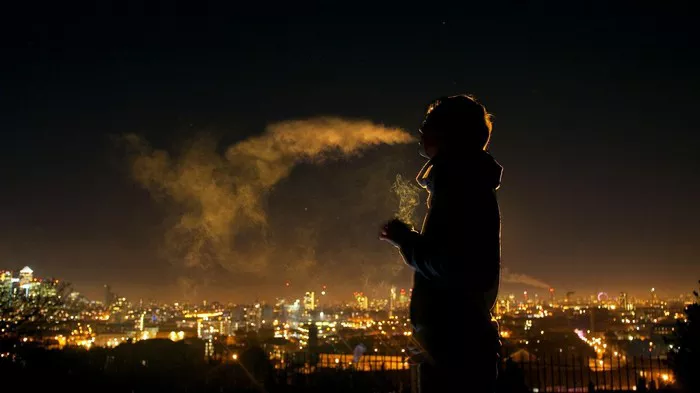FAQs
How long do depressive episodes last?
Depressive episodes can vary in duration, but typically they last at least two weeks to be diagnosed as major depression. However, some episodes can persist for months or even years, depending on factors like treatment effectiveness and individual resilience.
What is a major depressive episode requires?
A major depressive episode typically requires the presence of specific symptoms over a defined period. These symptoms include persistent feelings of sadness or emptiness, loss of interest or pleasure in activities, changes in appetite or weight, sleep disturbances, fatigue, feelings of worthlessness or guilt, difficulty concentrating, and thoughts of death or suicide.
What is the minimum time for a depressive episode?
The minimum time for a depressive episode to be clinically significant is typically two weeks. This duration allows mental health professionals to distinguish between transient sadness and a more serious depressive episode. However, the episode’s severity and persistence can vary widely among individuals.
Related topics:
- Navigating Through Hopelessness: Strategies for Finding Light in Dark Times
- Navigating Sadness: A Comprehensive Guide to Coping & Healing
- What to Say When Your Partner Is Depressed?


